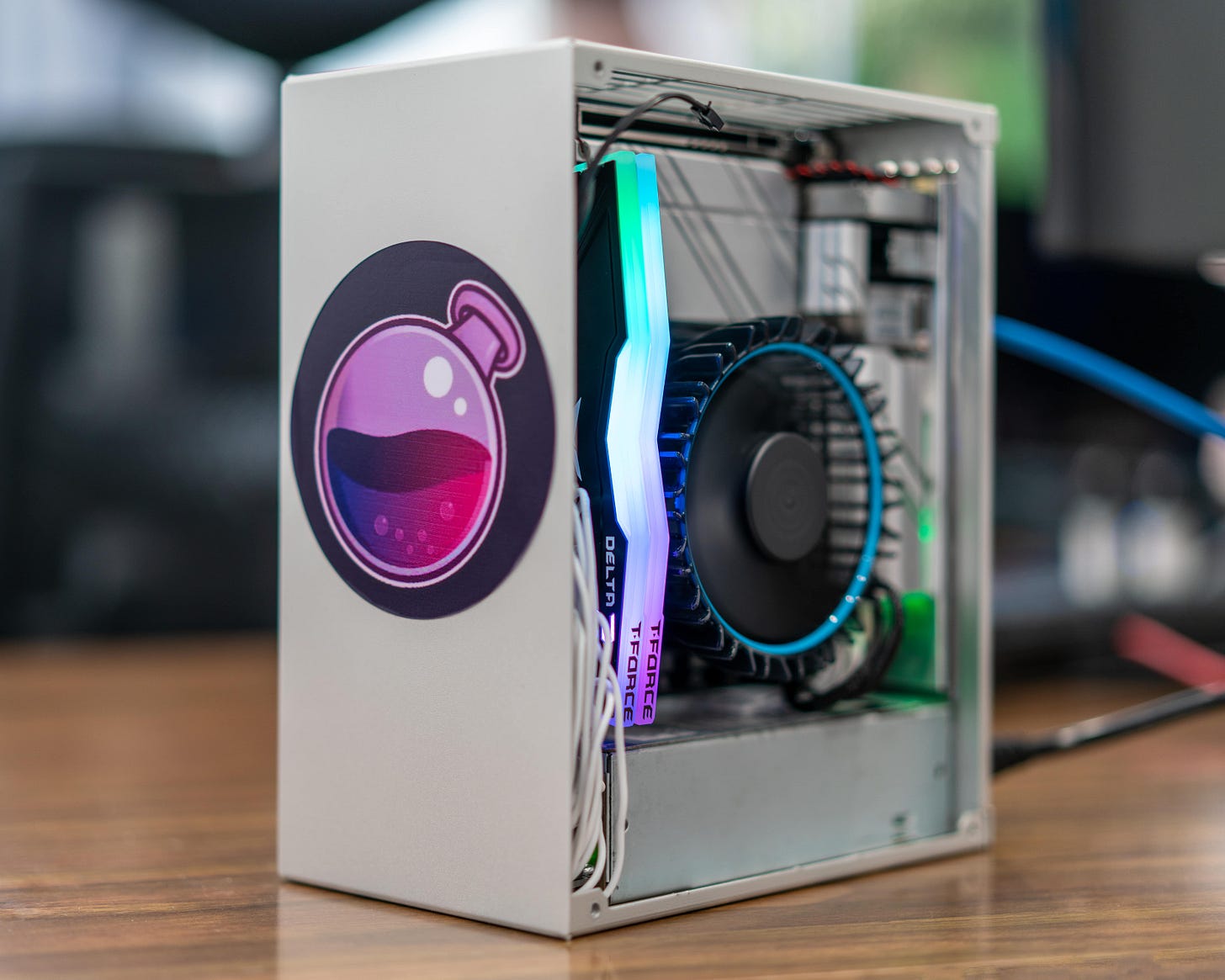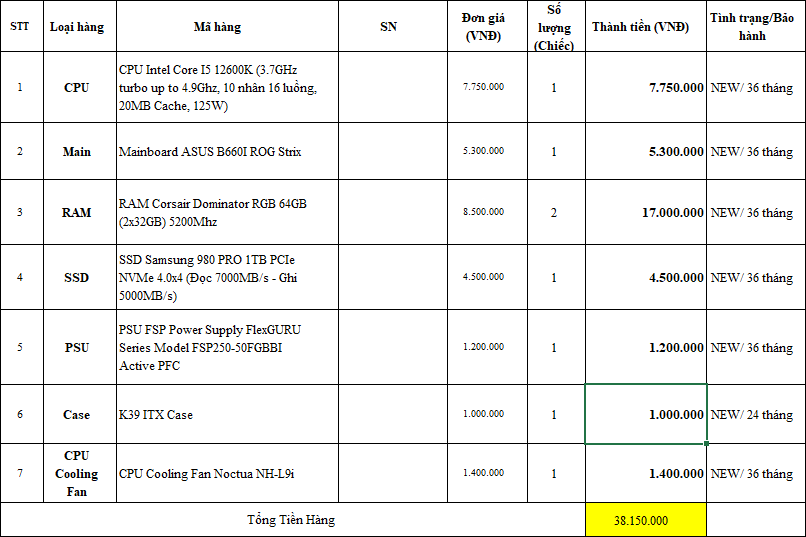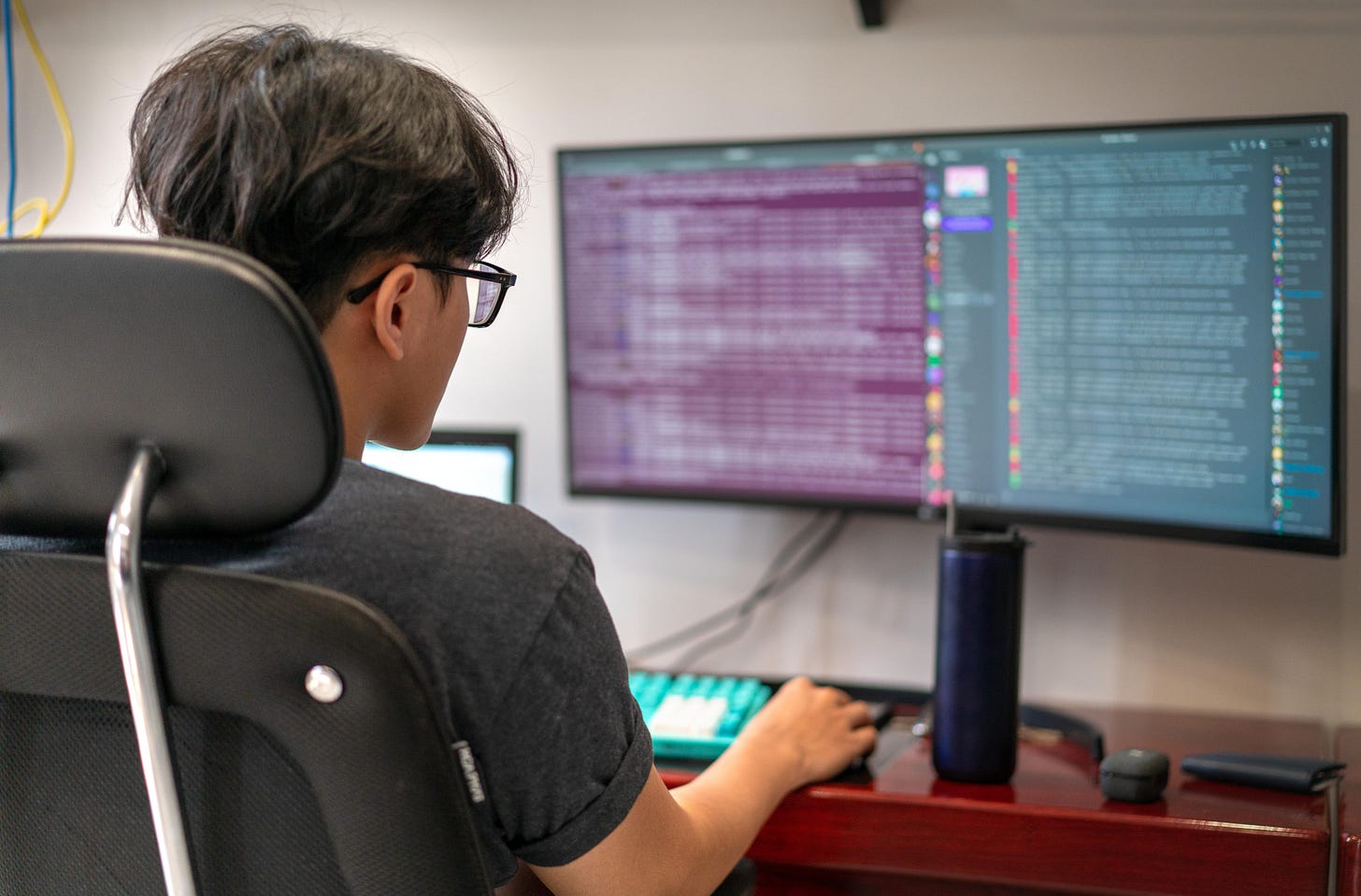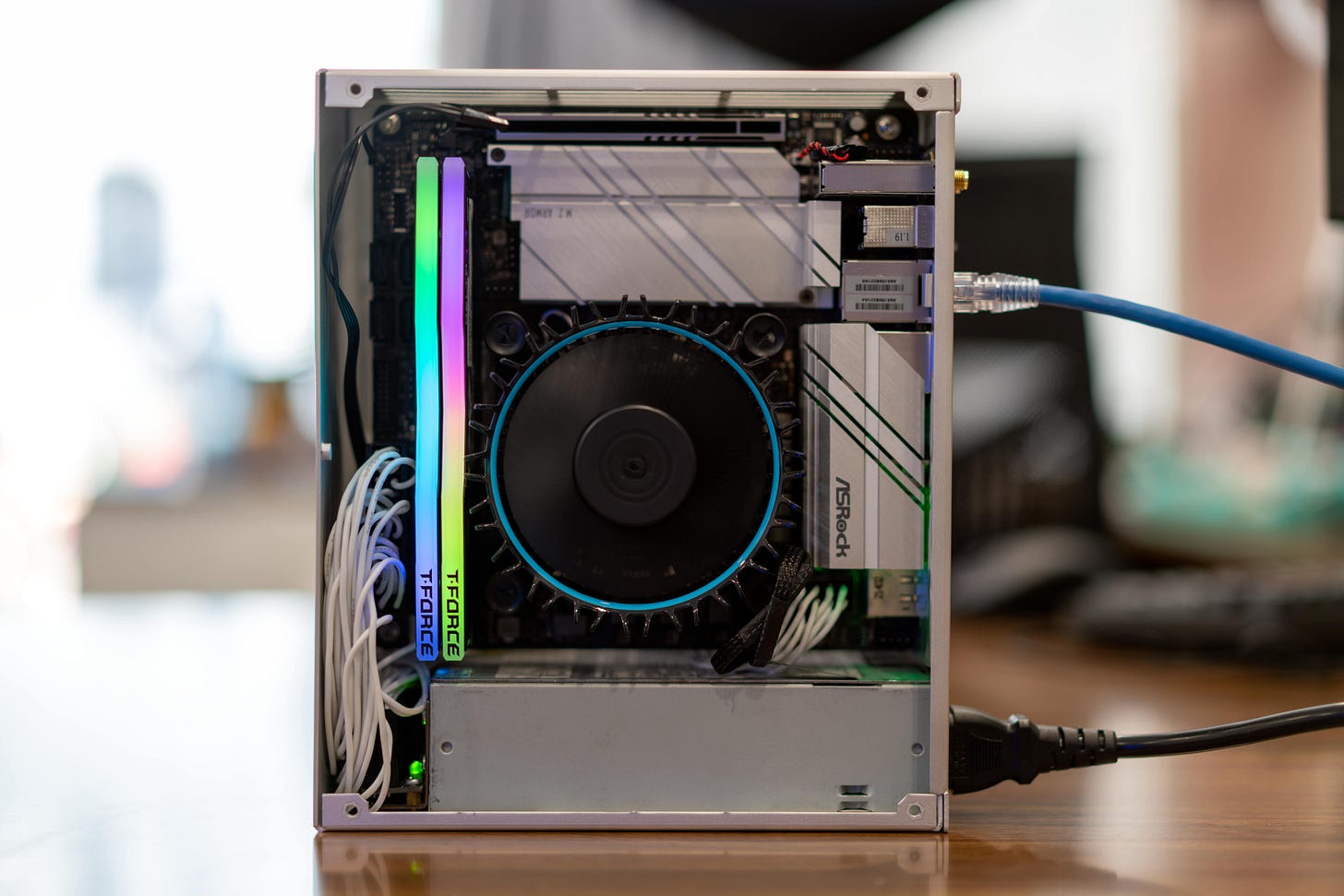Welcome to the Bare Metal Alliance: Decentralized Edge Validation for Cosmos
What is Edge Validation? Why is it important for your delegations? And how do you begin doing it yourself in the Bare Metal Alliance.
Edge validation can better be described as validating through mobile hardware that you have in your own house or office, as opposed to in the cloud. Many validators run their operation through Amazon Web Services (AWS) - hardly a good starting point for decentralization.
Notional is a founding member of the Bare Metal Alliance - a group of Cosmos validators committed to decentralization, performance, and excellence, and specifically running their validator nodes from in-house hardware.
Notional also makes a commitment to engage in governance and the community of every chain we validate, which itself is more difficult to maintain than the validators themselves (we validate 25 chains, it’s a lot of community work!).
This is not an easy task. Edge validation comes with a unique set of issues that will likely be different for each person that tries it. Internet connections must be fluid; location security becomes a greater risk; a backup power source may be necessary.

Notional’s Edge Validation Setup
Notional’s own setup uses an Open MPTCP router to aggregate ISP lines and create a more stable internet connection. Starlink would be another effective option. In the future, Notional aims to set up its own data centre in-house to increase potency.
We have an isolated and secure office with developers working shifts to ensure someone is always on-premises to service out validators and relayers in the event of a problem. We also have a UPS (uninterrupted power supply) battery connected to our electric system to ensure power remains on in the event of a power cut.
For us, power cuts and internet connection are a risk as we’re based in Hanoi, Vietnam, which sees frequent outages. For you, this may be less of a concern, although we would still recommend taking precautions as and when you scale your operation.
Notional’s Validator Computers:
Here is a full list of components used to build Notional’s Osmosis, Juno, Terra, and Evmos validators. Prices are in Viet Nam Dong (VND) and cost around $1,650 in USD.
It’s worth noting that this setup is around the minimum spec for reliable performance, although you can downsize on the RAM to cut a couple hundred dollars off the final price. Also notice that there is no GPU included in this list. They are not required for validating.
Notional uses a separate computer for every validator node. You could, in theory, put more than one node on one computer, but we do not recommend this.

What you get with these components is two things.
👆 A reliable setup for validating Cosmos-based chains.
✌️ Gorgeous hardware porn.
Sign blocks, they will
Notional’s physical validators are configured so that we simply turn the computer on and they will begin signing blocks. Theoretically, anyone could be sent a validator, even with zero prior experience, and begin signing blocks right away.
In future, we’ll produce guides explaining in detail how you can set this up yourself. It requires some setting up, but once it’s up and running, maintenance is limited.
We do recommend that you follow validator channels where you can, to understand more about common problems and how to solve them. This will reduce the odds of you experiencing prolonged downtime in the event your validator runs into a problem.
You don’t need to be a computer expert
At this point I should probably introduce myself. My name is William, and I help Notional with marketing and client outreach. I had no technical background and had no prior experience building computers. And yet I build Notional’s Osmosis validator from scratch using components on the table - with limited guidance. I also helped program Dig Chain’s genesis.
It’s not hard to build a computer with a YouTube tutorial in the background, a glass of whiskey on the table, and a small dog running around trying to eat small components.
If you don’t have experience doing it, then I suggest you try. You’ll be surprised.

In terms of software, that takes more time to get your head around, but then it’s worth remembering that Notional’s founder, Jacob Gadakian, has a background as a history teacher. Everyone starts somewhere.
Cosmos is a supportive environment for those willing to learn. The community and even other validators are generally happy to teach you. The more people that gain these skills, the more decentralized the network becomes, which means the more value it holds.
Notional’s GitHub is full of documentation to support newcomers. Have a look and see what you find. It’s a great hobby and it could change your life.
We’ll be uploading new content in the weeks ahead, including how-to guides for setting up validators, our positions on key gov props across the chains we validate, and updates on projects we’re developing.
Have a great day, IBC freaks!

